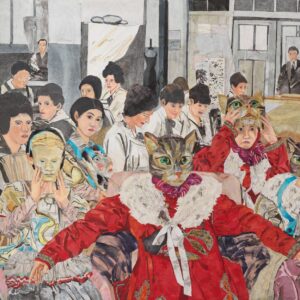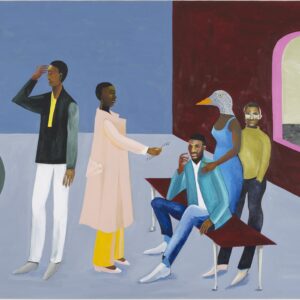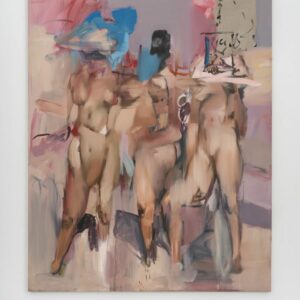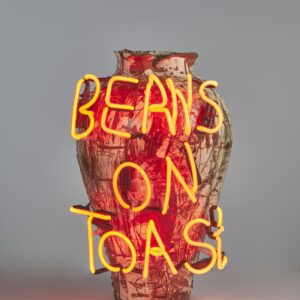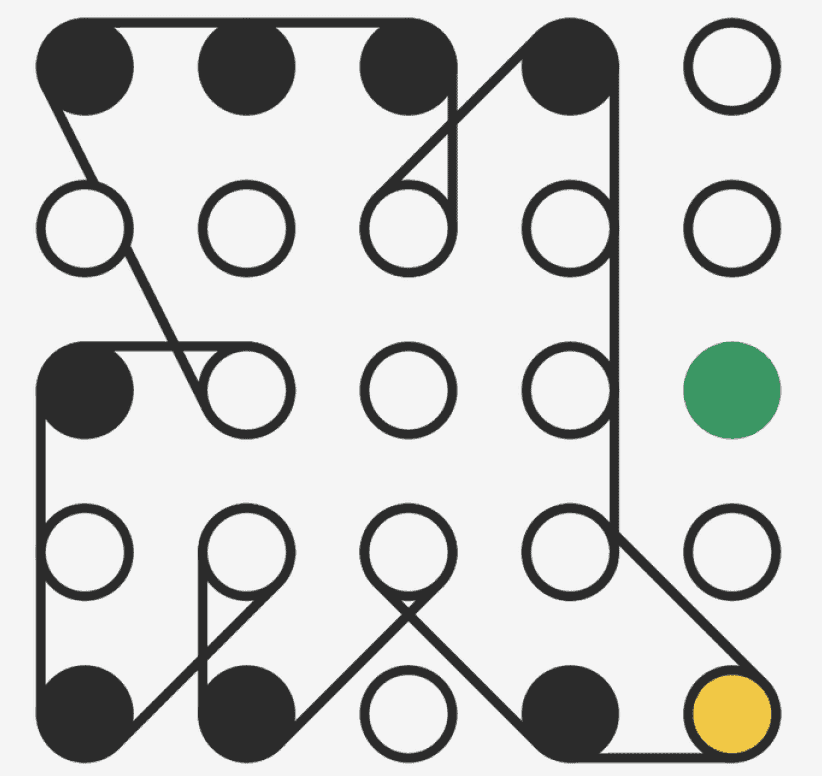
Phillips has announced Ex-Machina: A History of Generative Art, an exhibition and online auction. Curated by Georg Bak, Ex-Machina illustrates the history of Generative art, starting in the 1950s with the pioneers of computer art through to present-day generative NFT artists. Featuring unseen works by pioneers Vera Molnar, Hebert W. Franke and Gottfried Jäger, Ex-Machina also brings to market for the first time works by generative NFT artists Snowfro and Dmitri Cherniak.
A public preview of highlights will run from today 31st May – 17th June at Phillips’ Paris gallery on Rue due Bac before a full-scale exhibition from 11th July – 5th August at 30 Berkeley Square, London. The works will be offered in an online auction from 13th – 20th July on Phillips.com. Prices range from £2,000 to £1.1 million.
“Phillips is excited to bring to market so many historic works and this marks the first time such an extensive exhibition and sale of such works have ever taken place. In Paris and London, Ex-Machina will be on view for a combined month and half, a conscious decision to allow the public to engage with and experience this unique offering. Vera Molnar’s (Des)ordres has been consigned directly from her studio – a work of this scale and condition has never come to public market before. We are also excited to have pieces coming directly from Herbert W. Franke and Eduardo Kac. The latter of which, from his Minitel series, have been acquired by Tate Modern and MoMA.”
Benjamin Kandler, Project Lead of Digital Art, Phillips,
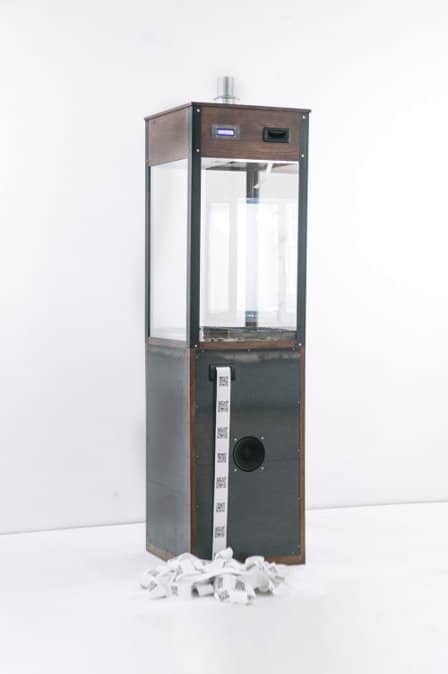
Ex-Machina features several historic and emerging works by generative NFT artists, bridging the evolution of generative art over the last 70 years. The most significant digital work is Dmitri Cherniak’s Ringers #29, 2021, coming from the prestigious collection of Narcissus Gallery and part of the artist’s renowned Ringers series. Ringers #29 is just 1 of 4 Ringers out of the 1,000 with an ‘extra green’ dot, and the first one to ever come to market since the project was released. Originally released on Art Blocks, Cherniak used p5js script to explore the concept ‘how many ways can you wrap a piece of string around a set of pegs’. He worked on the algorithm for years, culminating in the ArtBlocks release. Each work is unique in that it does not exist until the collector purchases it. Their transaction data interacts with the pre-set variables, producing widely different works with unique characteristics.
Demonstrating the breadth of medium and creativity in the generative art space, highlights include the Chaos Machine by Distributed Gallery, a collective of artists and engineers who create works based on distributed technologies, typically blockchain based. The Chaos Machine is an Ethereum based jukebox which is activated when fiat banknotes are inserted into the machine and incinerated. The playlist for the jukebox is user-generated and, once active, plays out of both Jukeboxes, regardless of how far away from each other they are. Once a bank note has been burned, the user is issued a QR code which allows them to add another song to playlist. Only two Chaos Machines were ever produced.
Paris Preview 31st May – 17th June 46 Rue du Bac, Paris 75007
London Preview 11th July – 5th August 30 Berkeley Square, W1J 6EX
Online Auction 13th – 20th July 2022 Phillips.com/exmachina
